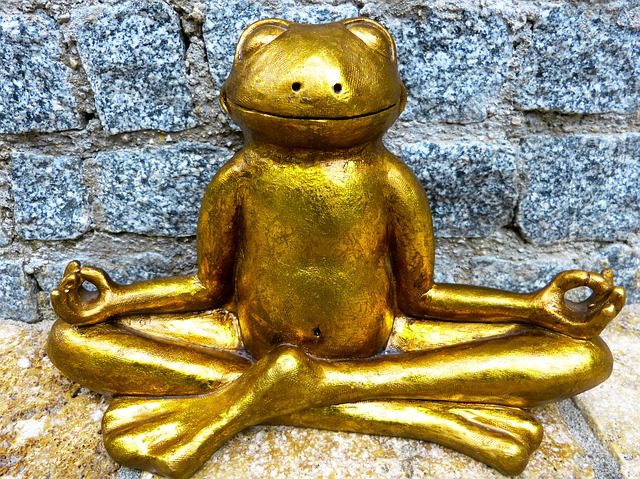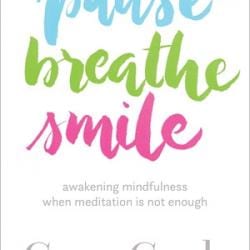As mindfulness continues its spread across the Western world, along with it has come a myriad of myths and misunderstandings.

Here are some of the most common myths, dispelled, for those interested in mindfulness practice.
- Meditation is about clearing the mind of thoughts. This is probably the widest and most pernicious myth around meditation. After a very long time meditating, it might be possible that some period of time, maybe just a few seconds, is free of thoughts. For days, weeks, and perhaps even months, every meditation you do at the start will be filled with thoughts. This is what the mind does. The practice, which is slow and tedious at times, involves simply bringing your focus to your breathing. Other objects of meditation are out there, like the body scan or loving-kindness cultivation, but mindfulness of breathing is the most common.
You focus on the breath, often counting to 10 over and over again. The mind wanders (thinking about money issues…).
You bring it back to the counting and the breath. The mind wanders (that last conversation, you really should have said…).
You bring it back. The mind wanders (so, about those money issues… what if….).
You bring it back.20 or so minutes later: A+ for meditation! Just bringing it back over and over again builds a skill and a capacity. Eventually it will stay. But thoughts will still come up. They’ll just be in the background, sometimes so far back that it’s like they’re not there at all.
- I can’t meditate because I have such a busy mind. No. You ought to meditate because you have such a busy mind. This is like saying, “I can’t go to the gym because I’m so out of shape.” Whatever mind you have, bring it. The busier the better, you’ll get such a great work-out in bringing it back to the breath so many times. Oftentimes we don’t even really know our own minds. Meditation is about getting acquainted in a new way with whatever is coming up, from a distance. Think of the Chinese Finger Traps; when we relax, it loosens and we can slip out.
- I tried meditation once and it didn’t work. Again, like exercising the body, it doesn’t work with one session. It might not work for weeks or months, depending on your definition of work is. I have heard from some people who meditated for long periods and still didn’t find results. I’m not sure how common this is. And I’m not sure why it doesn’t work for those people. Scientific studies on this are yet to be done. If it’s like a gym, then doing the exercises should be able, no matter what, to create some improvement in things like memory, attention, stress levels, etc.
- I’m already pretty calm, I don’t need to meditate. Try it anyway. I like to think I have a calm mind too, but in meditation, no – it lights up like a puppy on crack (not that I know what that looks like). I’ve done a ton of meditation to calm it down and get it to stay on the breath or other object of meditation, but there are days–most days– when my meditation is filled with all kinds of thoughts. If your level of calm comes with a persistent sense of bliss and a pronounced willingness to help others without hesitation, you’re perhaps at the goal a lot of us aspire to. But if your calm requires constant retreat from people and ideal circumstances – or you’ll snap – then you probably have plenty of work to do.
There are more, perhaps dozens, but that is a start.
For postures, including simply sitting comfortably in a chair, here is a handy guide. Following the gym analogy, there are in fact some people who shouldn’t meditate. If you have serious mental health problems, see a trained mental health professional. Perhaps at some point in your treatment, meditation may be advised alongside traditional therapies. A person with a broken arm probably shouldn’t be doing bench-presses or bar-dips. Similarly, just as a personal trainer can help get you started in the gym, a meditation teacher can provide the guidance needed to get you started, keep you motivated, and help you work around the common difficulties you’re sure to encounter.












